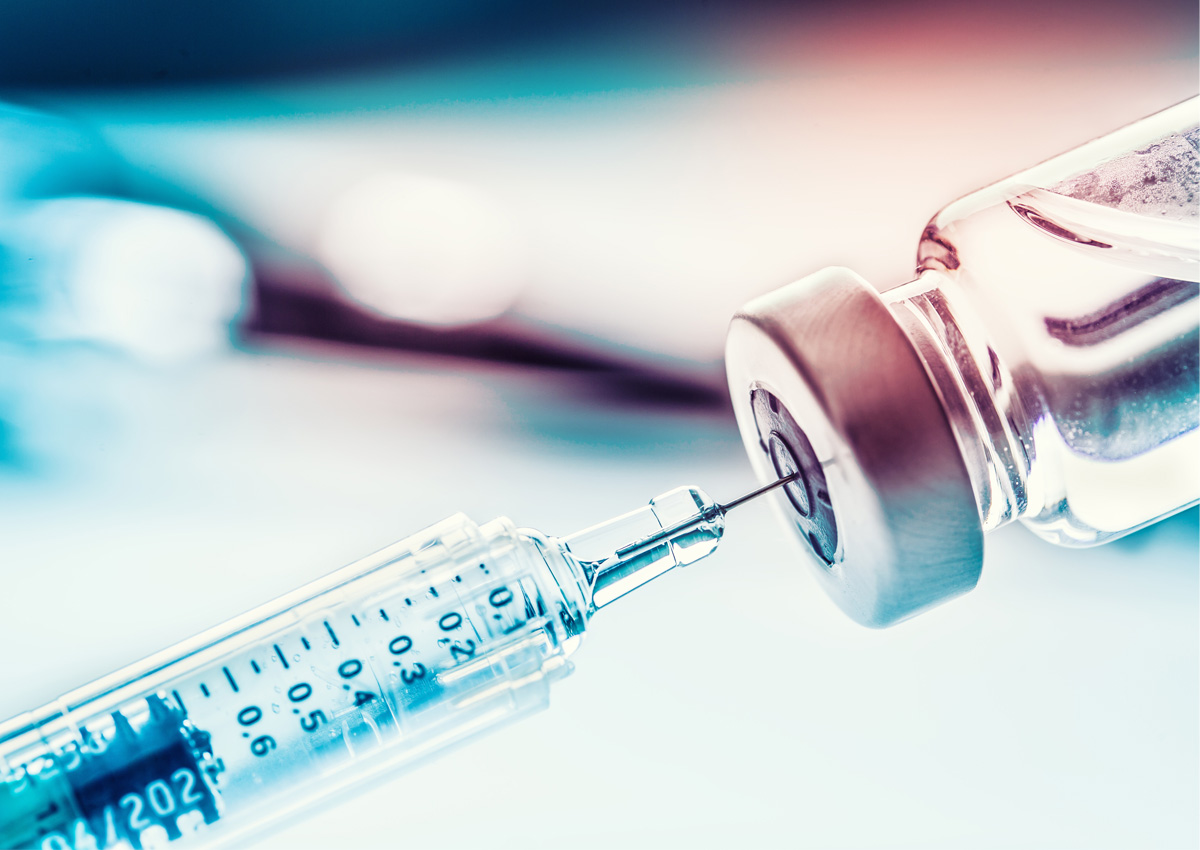Canadian Company Announces Breakthrough in Possible Plant-based COVID-19 Vaccine
| |

When the first case of coronavirus COVID-19 was reported in China in late December last year, no one expected that it will spread far and wide, and become a global pandemic. As more and more confirmed cases and deaths were recorded in China and many other parts of the world, the search for a promising COVID-19 vaccine became the most important task for many scientists and researchers.
Canadian biotech company Medicago has made a breakthrough in the fight against the novel coronavirus COVID-19. In a news update released on March 12, 2020, the Quebec City-based company announced that it has developed a possible COVID-19 vaccine candidate using their proprietary plant-based technology. The announcement came after Medicago scientists successfully produced a Virus-Like Particle (VLP) of the coronavirus just 20 days after receiving the SARS-CoV-2 (the virus causing the COVID-19 disease) genetic sequence. Proprietary technology is a set of various applications, tools, processes, or systems that are property of an individual or business.
VLPs are molecules that closely resemble viruses but do not contain any viral genetic material so they are non-infectious. Vaccine development is a long process, and the production of the VLP is the first step in developing a vaccine for COVID-19 which will now undergo preclinical trials to test its safety and effectiveness. Once this process is completed, Medicago said they will begin human trials of the vaccine as early as July or August 2020 following approvals from Health Canada and other agencies.
Medicago CEO Dr. Bruce Clark said that if the vaccine is successful it could be available to the wider public by November 2021. “The pace of our initial progress in COVID-19 is attributable to the capability of our plant-based platform which is able to produce vaccine and antibody solutions to counteract this global public health threat,” he said. If they are given the green light, they could produce as many as 10 million doses a month, according to Clark.
The company’s first product, a seasonal recombinant quadrivalent VLP vaccine for active immunization against influenza, is now under review by Health Canada following the completion of a robust safety and efficacy clinical program involving over 25,000 patients.
Medicago’s plant-based technology is a potential alternative to traditional egg-based production systems. Traditional vaccine production requires using a lot of eggs where vaccine manufacturers use eggs to grow the virus. However, this practice is not only expensive but it also takes a long time and is far from perfect. Egg-based vaccines are also risky to children and adults who have an allergy to eggs. It is noteworthy that Medicago does not work with live viruses but uses plants instead. Their technology inserts a genetic sequence into the soil bacterium Agrobacterium, which is taken up by plants. The plant begins to produce the protein that can then be used as a vaccine. If the virus begins to mutate, as is expected for COVID-19, they can just update the production using new plants. "That's the difference between us and egg-based methods," Clark said. "We go directly to producing the vaccine or the antibody without having to propagate the virus." Using plants and genetically engineered Agrobacterium works faster than eggs and also makes the vaccine much easier to produce at scale.
Genetic engineering makes possible for scientists to engineer living organisms from simple yeasts to more complex plants to produce specific pharmaceuticals such as antibodies and vaccines. The International Service for the Acquisition of Agri-biotech Applications defines biopharmaceuticals as drug products produced in living systems and used for therapeutic or diagnostic purposes or as dietary supplements. Using plants to express proteins is more practical, safe, and economical as plant systems allow production with low start-up costs. The first full-size native protein expressed in plants was human serum albumin, produced in 1990 in transgenic tobacco and potato plants. Aside from tobacco, cereal grains such as rice, wheat, barley, and corn are also being used to produce plant-derived pharmaceuticals. Potato was the first system to be developed for vaccine production, followed by tomatoes, bananas, carrots, lettuce, corn, alfalfa, spinach, white clover, and thale cress as alternative production hosts.
The coronavirus COVID-19 is an infectious disease caused by a new virus that is worse than the flu. It has been declared by the World Health Organization as a pandemic and particularly puts some people at a higher risk of getting very sick including older adults, pregnant women, and people with underlying medical conditions including heart disease, diabetes, lung disease, asthma, and HIV. As of March 19, 2020, the Johns Hopkins coronavirus tracker reports that there are 218,743 confirmed cases of coronavirus COVID-19 diagnosed across the globe. Of these global cases, there have been 8,810 recorded deaths and 84,113 recoveries. In the Philippines, the Department of Health (DOH) has recorded 217 confirmed cases of coronavirus COVID-19, with 17 deaths and 8 recoveries as of March 19.
For more updates on SARCS-CoV-2 vaccine development, subscribe to the Crop Biotech Update: http://bit.ly/CBUJoin
(A version of this article was published in the Business Mirror on March 22. Read the article here: https://businessmirror.com.ph/2020/03/22/canadian-firm-announces-breakthrough-in-possible-plant-based-covid-19-vaccine/)
| Newer Post | Archive | Older Post |
Science Speaks is ISAAA Inc.'s official blog. Weekly blog articles, authored by ISAAA writers, partners, and invited contributors, aim to help share, disseminate, and promote scientific knowledge and its vital role in achieving global agricultural sustainability and development. Your support to Science Speaks will help us achieve this goal. You can help us by donating as little as $10.

